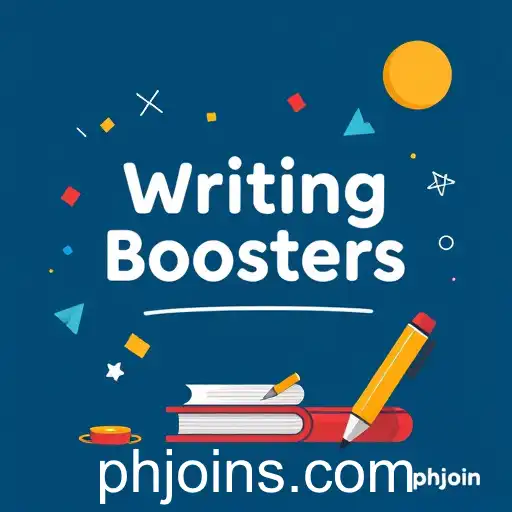
In recent years, the landscape of online education has been dramatically transformed by the surge in educational gaming platforms. Among these platforms, the website featuring the popular keyword 'phjoin' has emerged as a favorite amongst enthusiasts aiming to enhance their linguistic skills through interactive play.
The year 2025 marks a significant milestone wherein over half of new learners are utilizing games as a primary means of acquiring language skills. This statistic reflects not only technological advancements but also evolving educational philosophies that prioritize engagement and adaptability.
The trend towards gamified learning solutions is largely driven by a blend of necessity and innovation. The COVID-19 pandemic, having catalyzed a mass migration to digital platforms, laid the groundwork for these developments. As traditional face-to-face learning experienced disruptions, digital platforms rose to the challenge, providing continuity through interactive experiences.
'Phjoin', often explored for its dynamic capabilities in both individual and collaborative settings, has been central to this initiative. Its integration of playful elements with rigorous linguistic frameworks offers a robust platform for learners at varying levels of fluency.
Commentary from educators suggests that the success of platforms using 'phjoin' hinges on their ability to personalize learning experiences. Using algorithms that adapt difficulty and thematic focus based on user performance ensures that learners remain challenged yet not overwhelmed. This balance is key in maintaining motivation and facilitating effective learning outcomes.
Reports indicate that such game-based learning methods have also found traction among school systems globally. Schools are increasingly adopting educational games into their curricula, both as supplementary and core resources. This shift not only modernizes education but also aligns with students' digital-native lifestyles, making learning more approachable and less intimidating.
The dynamics of educational games in 2025 hint at a broader horizon for their application. With constant advancements in AI and data analytics, platforms employing the 'phjoin' model are likely to become more sophisticated, offering nuanced insights into a user's learning journey and providing customized strategies for improvement.
As the year progresses, exploring the intersection of technology and language learning via gaming is essential for stakeholders in education and technology sectors alike. The continued evolution of these platforms highlights a promising path forward for both traditional and innovative educational models.


